Industry Cases Studies
In today's rapidly evolving digital landscape, every industry faces unique cybersecurity challenges. From protecting sensitive data and ensuring regulatory compliance to safeguarding operational continuity, the need for tailored cybersecurity solutions has never been more critical. The rise in sophisticated cyberattacks, combined with the growing complexity of digital infrastructures, means that a one-size-fits-all approach no longer suffices. Explore our case studies to see how our tailored solutions—ranging from Zero Trust frameworks to AI-driven threat detection—are protecting organizations across these diverse sectors, ensuring secure operations, regulatory compliance, and resilience against cyber threats.
Manufacturing
The manufacturing sector is the third most targeted by cyberattacks, according to the 2023 IBM XForce Threat Intelligence Index. As smart factories embrace IoT and automation, ransomware and intellectual property theft are on the rise. In 2023, a major automotive parts manufacturer experienced a ransomware attack that disrupted production, resulting in significant losses. With downtime costing up to $260,000 per hour, as reported by Gartner, tailored cybersecurity solutions are crucial for ensuring operational continuity, protecting intellectual property, and defending against these evolving threats.
Pharmaceutical
Valued at over $1.5 trillion globally, the pharmaceutical industry is a prime target for cybercriminals seeking to steal intellectual property and disrupt drug research. A recent Deloitte study revealed that 53% of pharmaceutical companies have experienced a data breach. One notable example includes the 2020 cyberattack on a major pharmaceutical company, which led to the theft of proprietary drug development data. Custom cybersecurity solutions are critical for safeguarding sensitive research data, ensuring compliance with HIPAA and GDPR, and protecting the innovation pipeline of life-saving drugs.
Healthcare
Cyberattacks on healthcare surged by 94% in 2022, with ransomware being the leading threat, according to Check Point Research. One prominent example is the 2021 ransomware attack on the Ireland Health Service Executive, which disrupted access to patient records and delayed critical services. The average cost of a healthcare data breach reached $10.93 million in 2023, according to IBM’s Data Breach Report. Tailored cybersecurity solutions are essential to safeguarding patient records, ensuring compliance with strict regulations like HIPAA, and protecting against disruptions that can compromise patient care and safety.
Utilities
The Utilities sector has become a prime target for cyberattacks, with incidents rising by 51% in 2023, as highlighted in the Dragos Industrial Cybersecurity Report. In recent years, the sector has seen several high-profile attacks, such as the 2023 ransomware attack on the Ukraine power grid, which temporarily disrupted electricity supply to millions. Another notable example is the 2022 cyberattack on an American water utility, which involved an attempt to poison the water supply by manipulating chemical levels. To defend against such threats, tailored cybersecurity solutions are essential to protect operational technology (OT), ensure grid resilience, and prevent cascading failures in energy and water supply systems.
Aviation
Cyberattacks on the aviation industry have increased by 15% annually, targeting critical areas such as passenger data, air traffic control, and operational systems. A notable example is the 2021 Dusseldorf Airport attack, which disrupted flights and operations. With growing threats, 58% of airlines are planning to adopt advanced cybersecurity measures by 2025, according to SITA. Tailored cybersecurity solutions are crucial to protect passenger safety, critical systems, and maintain trust in aviation networks. These solutions safeguard sensitive data and ensure the integrity of systems that keep flights secure
Education
The education sector has become a prime target for cybercriminals, with over 1,700 ransomware attacks reported in 2022 alone, costing an average of $1.96 million per incident, according to Sophos’ State of Ransomware in Education Report. One notable example is the 2023 attack on the University of Toronto, where cybercriminals targeted its research data, causing widespread disruptions across multiple departments. With the rise of online learning and digital classrooms, securing educational institutions has never been more critical. Tailored cybersecurity solutions protect academic data, enable safe virtual classrooms, and ensure uninterrupted educational operations while fostering trust in digital learning environments.
BFSI
The BFSI sector is a prime target for cybercriminals, accounting for 25% of all cyberattacks. In recent years, attacks have increasingly focused on multi-cloud environments, exploiting vulnerabilities in cloud configurations & thirdparty services. The average cost of a data breach in financial services is $5.85 million. In this high-stakes environment, advanced cybersecurity solutions are crucial to safeguarding sensitive financial data, ensuring compliance with industry regulations like PCI DSS and ISO 27001, and building customer trust.
Automotive
The connected car market is set to reach $225 billion by 2028, making the automotive sector a prime target for cybercriminals. In 2023, Upstream Security reported a 380% increase in automotive cyberattacks, with a major focus on in- vehicle systems and supply chains. A recent example is the 2023 attack on CDK Global, a leading provider of software solutions to the automotive industry, which compromised sensitive data across its client network. To mitigate these risks, the industry is increasingly adopting the ISO/SAE 21434 standard for cybersecurity in automotive systems. Custom cybersecurity solutions protect connected vehicles, safeguard customer data, and support the safe development of autonomous vehicle technologies.
Technology
The Technology sector is a prime target for cybercriminals, with companies losing an estimated $3.5 billion annually to intellectual property theft, according to McAfee. As the industry leads innovation, it faces frequent attacks on its supply chains and proprietary technologies, including software, algorithms, and patents. In addition to the direct financial risks, technology companies must adhere to critical compliance standards, including GDPR, CCPA, and ISO 27001, to protect sensitive customer data and avoid hefty fines. A single breach can undermine customer trust and result in significant regulatory penalties. Custom cybersecurity solutions are vital to safeguard product ecosystems, secure customer data, and ensure compliance with evolving data protection laws, preserving trust and maintaining competitiveness in an ever-evolving market.


